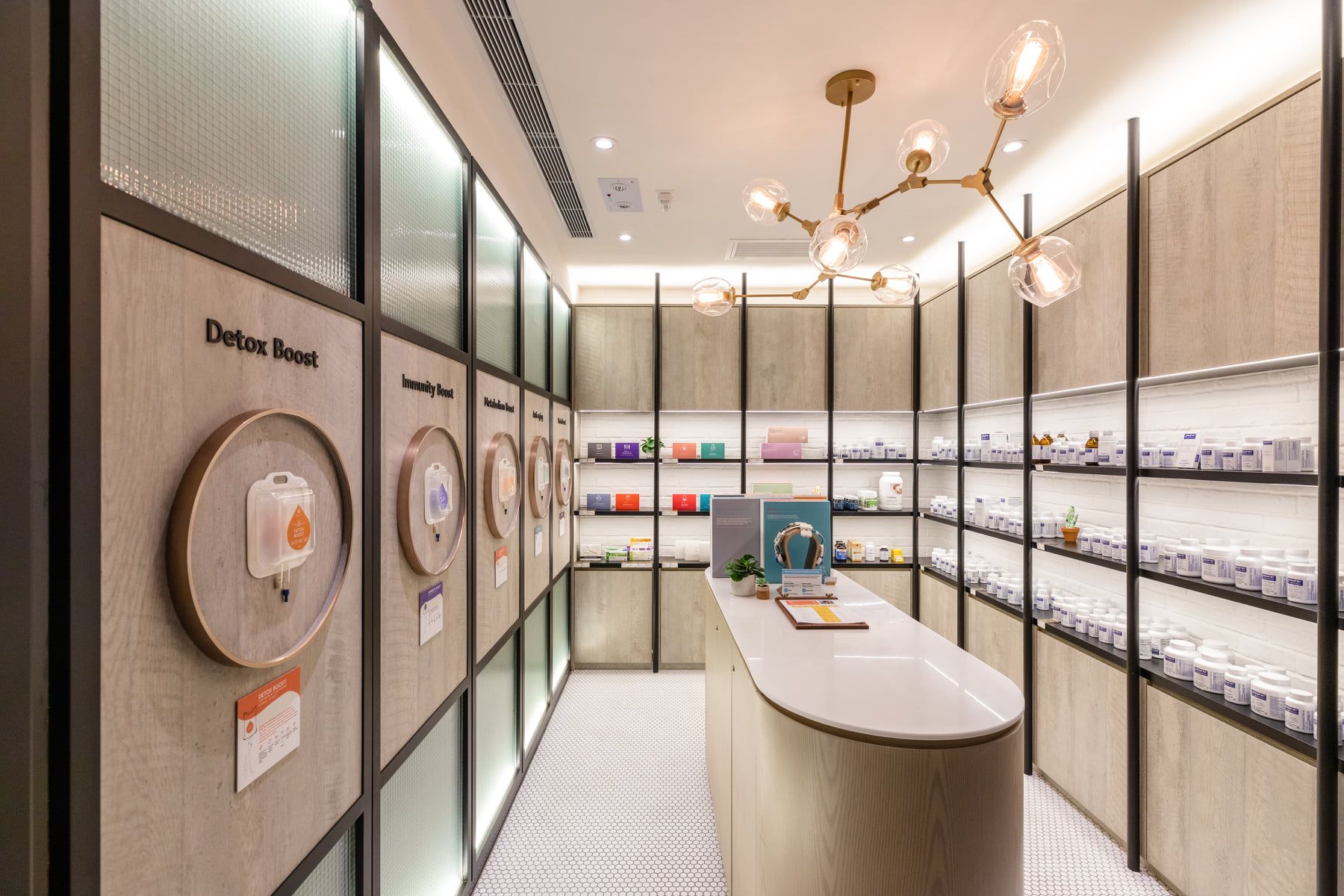We asked Miles Price, Clinical Nutritionist and Certified IFM Functional Medicine Practitioner of LifeClinic Hong Kong, to give us the lowdown on allergies—from causes to treatments and everything you need to know about allergy testing
Do you experience a frustrating amount of allergies when season changes, such as coughing, watery eyes and sneezing? Or, maybe you suffer from a breakout or even feeling nauseous after a night at your favourite restaurant? It’s very likely that your body is allergic to particular food or substances, that you need to pay closer attention to your health and find out what’s the cause behind all those unexplained symptoms.
Like any health issue, allergies can feel stressful and difficult to deal with. But according to medical experts, a good part of this misery is due to misconception. With proper education about allergens and the right allergy testing performed, you could easily get a better understanding of your body, minimise discomfort, and most importantly, prevent life-threatening allergic reactions. Because the sooner those allergens identified, the sooner they can be treated and controlled.
We spoke to Miles Price, Clinical Nutritionist and Certified IFM Functional Medicine Practitioner of LifeClinic Hong Kong, to learn everything about allergies, including the causes, symptoms, why should we take them seriously and consider allergy testing for better health. Additionally, we’ve also included a list of places in Hong Kong where you can get a quick and accurate allergy test.
See also: Where To Get Covid-19 Antibody Testing In Hong Kong
What are the types of allergies? What are the symptoms?
Allergies occur when your immune system overreacts to a particular substance—this can be presented in food or environment, such as pollen, dust and animal dander. When triggered, the immune system will produce antibodies called immunoglobulin E (IgE) to fight against invading organisms, thus resulting in an excess amount of chemicals, histamines, which will in turn lead to allergy symptoms. For example, redness, watery or itchy eyes, sneezing, congesting, coughing and swelling.
To be specific, allergens can be categorised into three types: contact allergens that come in contact with the skin to produce reactions including hives and eczema; inhaled allergens that affect the respiratory membranes of the nose, mouth and lungs, resulting in symptoms such as asthma and difficulty breathing; and lastly, ingested allergens that caused by foods your immune system sees as the "invader". Fish, soy, eggs and milk are some of the most common food allergies that can cause gastrointestinal symptoms such as diarrhoea and vomiting.
When it comes to food allergies, one should be aware of the differences between a food allergy and food intolerance. While a food allergy involves an immune system response and the production of antibodies to fight the allergens off, food intolerance does not. It occurs when your body doesn’t produce enough enzymes to digest certain foods properly. One of the most common examples of food intolerance is lactose intolerance, which refers to the inability to break down lactose, a sugar found in milk and dairy products. According to research, lactose intolerance is especially prevalent in the Asian community, affecting around 70-90% of the population.
See also: Hong Kong's Wellness Experts Share What Wellness Means To Them
What types of allergy test are available?
There are several ways to find out what are the substances that causing your allergy symptoms, and the most common type of allergy test is skin prick test, which involves applying an extract of an allergen to the skin to evaluate the reactions. Though it’s fast and easy to perform, the test is not recommended for people who have been using steroids or experiencing severe dermatitis. There’s also a risk of yielding false positives, as a high variation in the types of antigens are used in testing.
Blood test is an ideal option for those who couldn’t undergo skin tests, which requires taking a sample of your blood and sending it to a laboratory to detect allergens.
There’s also the food challenge diet test, which involves eating certain foods to check if any allergic symptoms occur. Patients are required to do an elimination diet, where suspected food items in small amounts are added and removed back and forth during the process of observing the responses. However, this method is quite time consuming and comes with risks if not properly monitored by clinicians.

